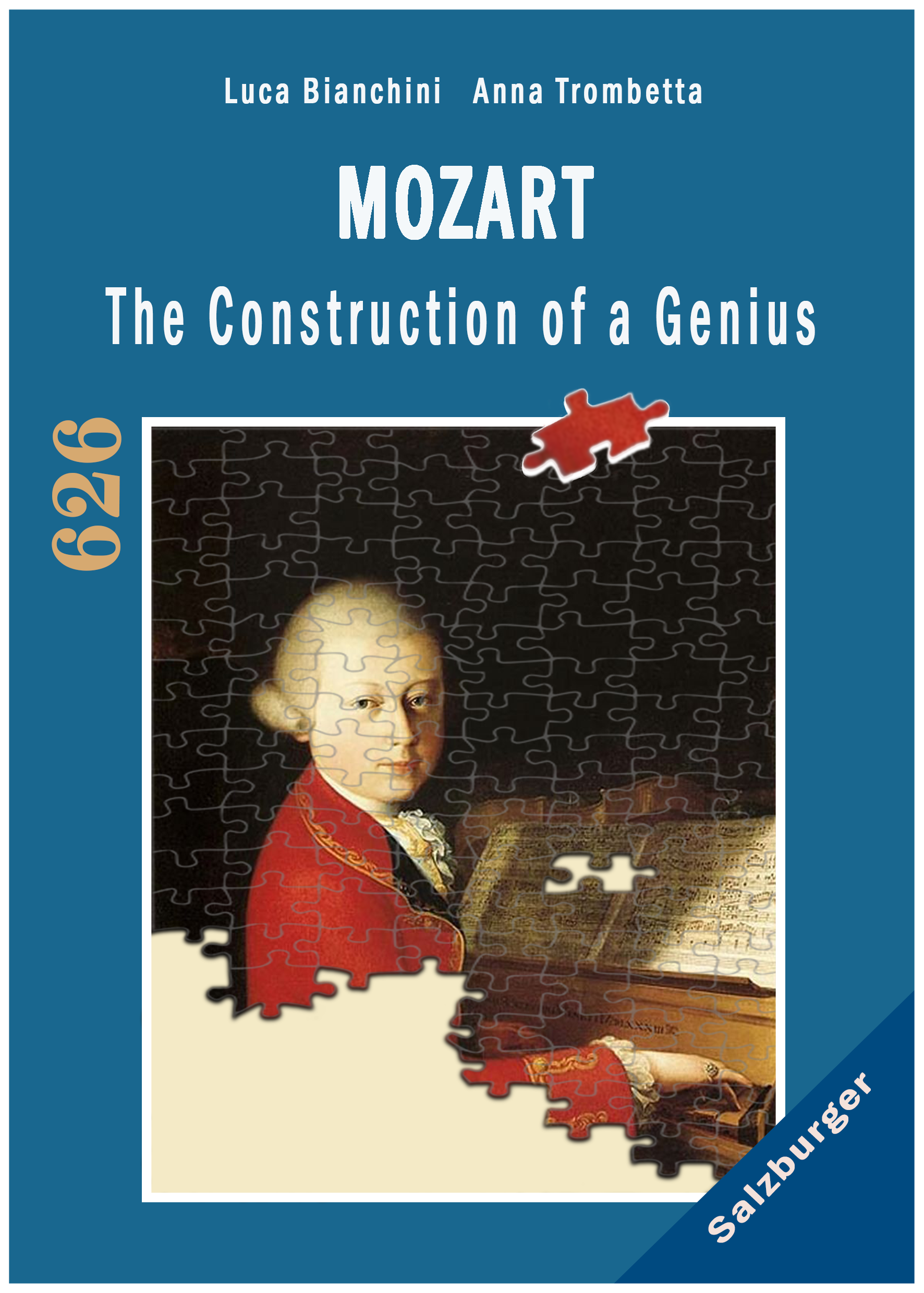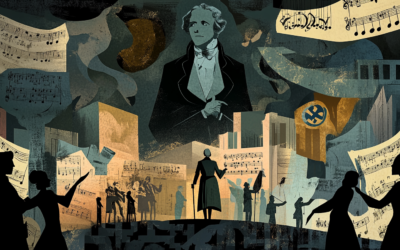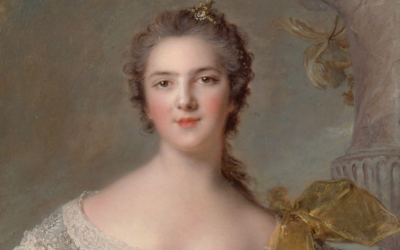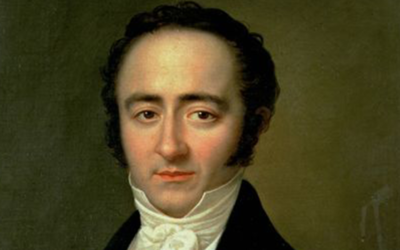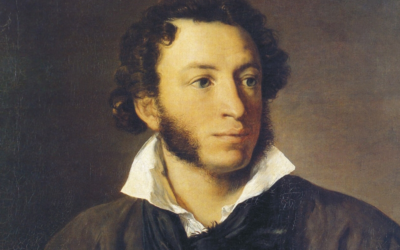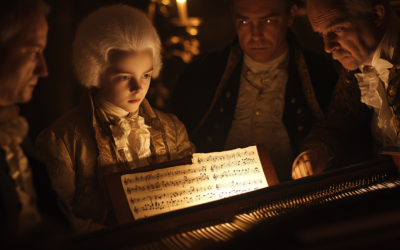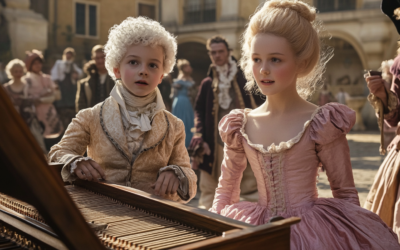Wolfgang Amadé Mozart
The Mozart Myth Unveiled: A Deeper Look at the Deception Surrounding His Legacy
Mozart’s legacy is far from the untarnished narrative of genius that history would have us believe. The web of deceit woven around his name by those closest to him, including his own widow, reveals a much darker story.
Mozart The Construction of a Genius: The Untold Story
Mozart: The Construction of a Genius” uncovers how the myth of Mozart was crafted after his death in 1791, initially to support his widow, then exploited by publishers, and later used to elevate Mozart as a cultural icon. Bianchini and Trombetta reveal that the personal catalogue attributed to Mozart is a late 18th-century fabrication, challenging long-held beliefs about his legacy.
“Constanze Mozart was fully aware that the hymn attributed to her late husband was, in fact, the work of August Eberhard Müller. Yet, she perpetuated the lie, presenting it as a genuine Mozart composition—a deception that continues to mislead even today”
Mozart The Construction of a Genius
Wolfgang Amadeus Mozart is often heralded as a musical genius, but beneath the surface of this glorified narrative lies a web of deceit and fabrication that has distorted his true legacy. Far from the infallible icon of classical music, Mozart’s name has been misused and manipulated, particularly by those closest to him, to propagate falsehoods for personal gain.
The Forged Bass Continuo School
In 1796, an advertisement in the Wiener Zeitung promoted a so-called ‘undiscovered manuscript’ by Mozart, known as the Bass Continuo School. This work, supposedly authored by the composer, was vouched for by none other than Constanze’s later husband, Von Nissen. Despite his assurances, the manuscript was nothing more than an elaborate forgery. Astonishingly, it took until the 19th century for this fact to be fully recognised, yet even today, the work is still mistakenly believed to be authentic in some circles. This incident marks just one of the many times Mozart’s name was exploited to sell fraudulent compositions.
Constanze Mozart’s Role in Perpetuating the Fraud
Constanze Mozart, Wolfgang’s widow, played a pivotal role in perpetuating these fabrications. Desperate for financial security, she repeatedly sold what she claimed to be ‘autograph’ versions of Mozart’s works, including his famous Requiem. Despite being incomplete drafts, she presented them as finished masterpieces, leading to her being publicly reprimanded for her dishonesty. Constanze’s actions reveal a troubling willingness to deceive, driven by her need to capitalise on Mozart’s fame.
The Role of August Eberhard Müller
Another key figure in this web of deceit was August Eberhard Müller, a musician who benefited from having his own compositions falsely attributed to Mozart. Among these spurious works were various pieces listed in the Köchel Catalogue’s appendix, including a hymn that Müller performed in Leipzig under the guise of a Mozart composition. Müller’s readiness to accept, if not encourage, this misattribution highlights the extent to which Mozart’s name was exploited by those eager to bask in his reflected glory.
The Enduring Legacy of Deception
Even years after Mozart’s death, these forgeries continued to circulate, with works like the Bass Continuo School and Müller’s hymn still mistakenly believed to be genuine Mozart compositions. The persistence of these fabrications underscores how deeply ingrained the myth of Mozart has become in the classical music world. The readiness of individuals like Constanze and Müller to distort the truth for personal benefit casts a long shadow over Mozart’s legacy, prompting us to question how much of what we believe about him is truly authentic.
You May Also Like
Mozart and the Nationalist Illusion: The 1931 Festival and Its Legacy
The Salzburg Festival, far from being a mere celebration of Mozart’s genius, was born out of nationalist ambitions during a turbulent period in Austro-German history. Conceived by figures like Max Reinhardt, Heinrich Damisch, and Friedrich Gehmacher, the festival was deeply rooted in ultranationalistic ideals, transforming Mozart’s legacy into a tool for cultural dominance. The truth behind its founding has long been obscured, but the primary sources tell a different, darker story.
K.6 and K.7 Sonatas: A Fabricated Genius?
The earliest sonatas of Wolfgang Amadeus Mozart, K.6 and K.7, are traditionally seen as proof of his precocious genius. But as we explore the murky origins of these works, we find that they may be more a product of Leopold Mozart’s ambition than Wolfgang’s musical talent. The truth, as always, lies somewhere between the notes.
Georg Nissen and the Missing Notebooks – Part II
This second part delves deeper into Georg Nissen’s scheme to expose the truth about Mozart’s death, and the roles of Constanze Mozart and her sons in keeping it buried. As new details emerge, the mystery surrounding the famous composer’s final days grows even darker, with powerful forces potentially at play.
Mozart and Salieri
Pushkin does not see Salieri as a mere mediocre. In fact, Salieri embodies the struggle of the artist, much like Michelangelo, who reaches greatness through relentless effort. Pushkin himself identifies with both Mozart and Salieri, but he emphasises that true art demands work, discipline, and sacrifice. In poisoning the Mozartian element within himself, Salieri performs a service to art, freeing it from the frivolity of effortless genius. ‘Can genius and malice coexist?’ Pushkin’s answer is complex, but in the end, Salieri’s act seems to affirm that true creation lies in the hands of those who strive.
The Fabrication of Genius
Leopold Mozart’s tireless efforts to promote his son Wolfgang as a child prodigy were rooted in manipulation, exaggeration, and a relentless drive for social success. Far from being a miraculous genius, Wolfgang was pushed into the spotlight by his father, whose grandiose claims often obscured the reality of his son’s abilities.
The Myth of Mozart
A critical examination of Wolfgang Amadeus Mozart’s life reveals a man shaped more by his father’s ambitions than by innate genius. Stripped of the myths, Mozart’s early years reflect a childhood dominated by relentless touring, inconsistent education, and a legacy built on exaggerated achievements. Discover the real story behind the legend.

